Premium Only Content
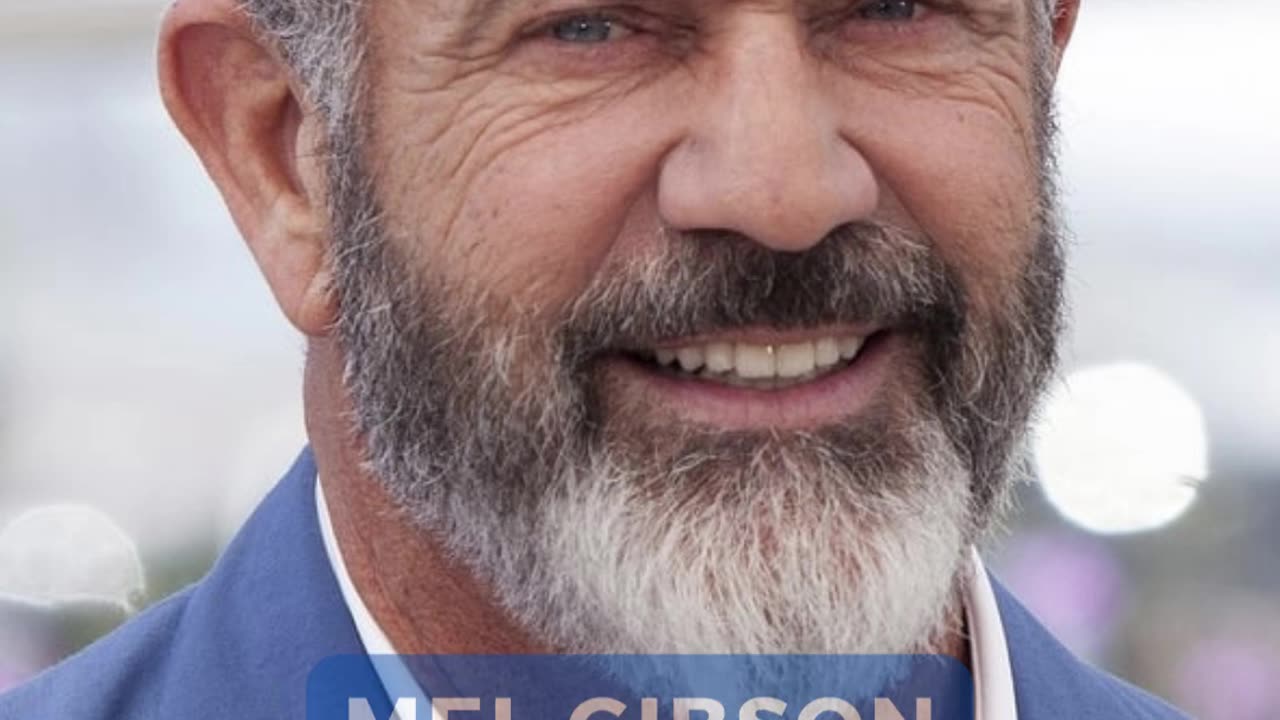
Mel Gibson Net Worth 2023 || Hollywood Actor Mel Gibson || Information Hub
This video is about Mel Gibson Net Worth 2023
$425 Million as of March 2023
#melgibson #americanactor #hollywood #hollywoodactor
Subscribe for World informative Videos and press the bell icon
Mel Columcille Gerard Gibson (born January 3, 1956) is an American actor and film director. He is best known for his action hero roles, particularly his breakout role as Max Rockatansky in the first three films of the post-apocalyptic action series Mad Max and as Martin Riggs in the buddy cop action-comedy film series Lethal Weapon.
Born in Peekskill, New York, Gibson moved with his parents to Sydney, Australia, when he was 12 years old. He studied acting at the National Institute of Dramatic Art, where he starred opposite Judy Davis in a production of Romeo and Juliet. During the 1980s, he founded Icon Entertainment, a production company, which independent film director Atom Egoyan has called "an alternative to the studio system". Director Peter Weir cast him as one of the leads in the World War I drama Gallipoli (1981), which earned Gibson a Best Actor Award from the Australian Film Institute, as well as a reputation as a serious, versatile actor.
In 1995, Gibson produced, directed, and starred in Braveheart, a historical epic, for which he won the Golden Globe Award for Best Director, the Academy Award for Best Director, and the Academy Award for Best Picture. He later directed and produced The Passion of the Christ, a biblical drama that was both financially successful and highly controversial. He received further critical notice for his directorial work of the action-adventure film Apocalypto (2006), which is set in Mesoamerica during the early 16th century.
Gibson's first American film was Mark Rydell's drama The River (1984), in which he and Sissy Spacek played struggling Tennessee farmers. Gibson then starred in the Gothic romance Mrs. Soffel (also 1984) for Australian director Gillian Armstrong. He and Matthew Modine played condemned convict brothers opposite Diane Keaton as the warden's wife who visits them to read the Bible. In 1985, after working on four films in a row, Gibson took almost two years off at his Australian cattle station. He returned to play the role of Martin Riggs in Lethal Weapon (1987), a film which helped to cement his status as a Hollywood "leading man". Gibson's next film was Robert Towne's Tequila Sunrise (1988), followed by Lethal Weapon 2 (1989). Gibson next starred in three films back-to-back, all released in 1990: Bird on a Wire, Air America, and Hamlet.
Gibson has credited his directors, particularly George Miller, Peter Weir, and Richard Donner, with teaching him the craft of filmmaking and influencing him as a director. According to Robert Downey Jr., studio executives encouraged Gibson in 1989 to try directing, an idea he rebuffed at the time. Gibson made his directorial debut in 1993 with The Man Without a Face, followed two years later by Braveheart, which earned Gibson the Academy Award for Best Director. Gibson had long planned to direct a remake of Fahrenheit 451, but in 1999 the project was indefinitely postponed because of scheduling conflicts. Gibson was scheduled to direct Robert Downey Jr. in a Los Angeles stage production of Hamlet in January 2001, but Downey's drug relapse ended the project. In 2002, while promoting We Were Soldiers and Signs to the press, Gibson mentioned that he was planning to pare back on acting and return to directing. In September 2002, Gibson announced that he would direct a film called The Passion in Aramaic and Latin with no subtitles because he hoped to "transcend language barriers with filmic storytelling." In 2004, he released the controversial film The Passion of the Christ, with subtitles, which he co-wrote, co-produced, and directed. The film went on to become the highest-grossing rated R film at the time with $370,782,930 in U.S. box office sales. Gibson directed a few episodes of Complete Savages for the ABC network. In 2006, he directed the action-adventure film Apocalypto, his second film to feature sparse dialogue in a non-English language. In November 2016, film critic Matt Zoller Seitz named Gibson as "the pre-eminent religious filmmaker in the United States".
-
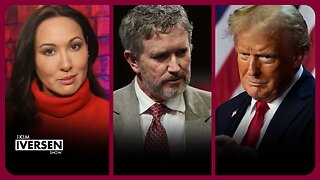 LIVE
LIVE
Kim Iversen
3 hours agoTrump Attacks Thomas Massie—But MAGA Isn’t Having It! Is Trump Picking the Wrong Fight?
1,817 watching -
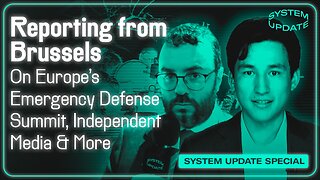 56:31
56:31
Glenn Greenwald
2 hours agoUNLOCKED EPISODE: On Europe’s Emergency Defense Summit, the Future of Independent Media, Speech Crackdowns and More
36.4K22 -
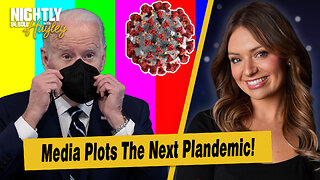 43:48
43:48
BonginoReport
4 hours agoMainstream Media Plots The Next Plandemic! (Ep.02) - 03/11/2025
80.4K199 -
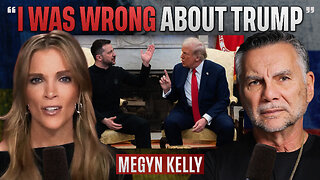 1:13:13
1:13:13
Michael Franzese
3 hours agoMegyn Kelly’s UNFILTERED Take on The Ukraine War, Trump & Modern Masculinity
46K17 -
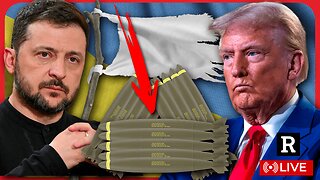 1:43:21
1:43:21
Redacted News
5 hours agoBREAKING! UKRAINE AGREES TO CEASEFIRE WITH RUSSIA... BUT THERE'S A BIG CATCH | Redacted News
137K229 -
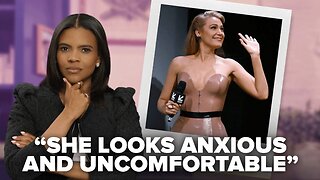 58:17
58:17
Candace Show Podcast
5 hours agoShould We Feel Bad For Blake Lively? | Candace Ep 157
90.8K144 -
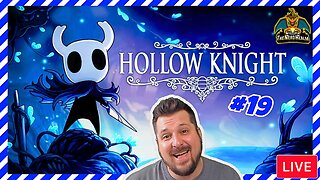 3:06:52
3:06:52
The Nerd Realm
6 hours ago $10.76 earnedHollow Knight Voidheart Edition #19 | Nerd Realm Playthrough
58.1K4 -
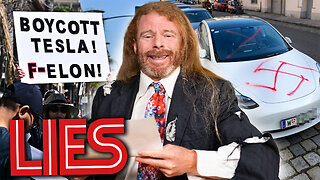 1:17:27
1:17:27
Awaken With JP
8 hours agoThe Current Thing: Tesla Protesting - LIES Ep 82
104K41 -
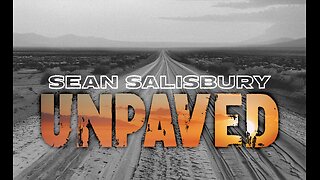 1:07:08
1:07:08
Sean Unpaved
5 hours agoNFL Free Agency Rolls On! MLB Spring Training Heats Up along with 3x World Series Champ Dave Stewart
62.7K3 -
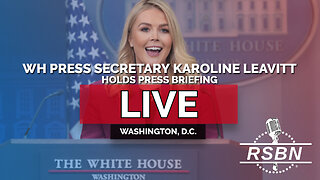 2:10:15
2:10:15
Right Side Broadcasting Network
10 hours agoLIVE REPLAY: White House Press Secretary Karoline Leavitt Holds Press Briefing - 3/11/25
154K41